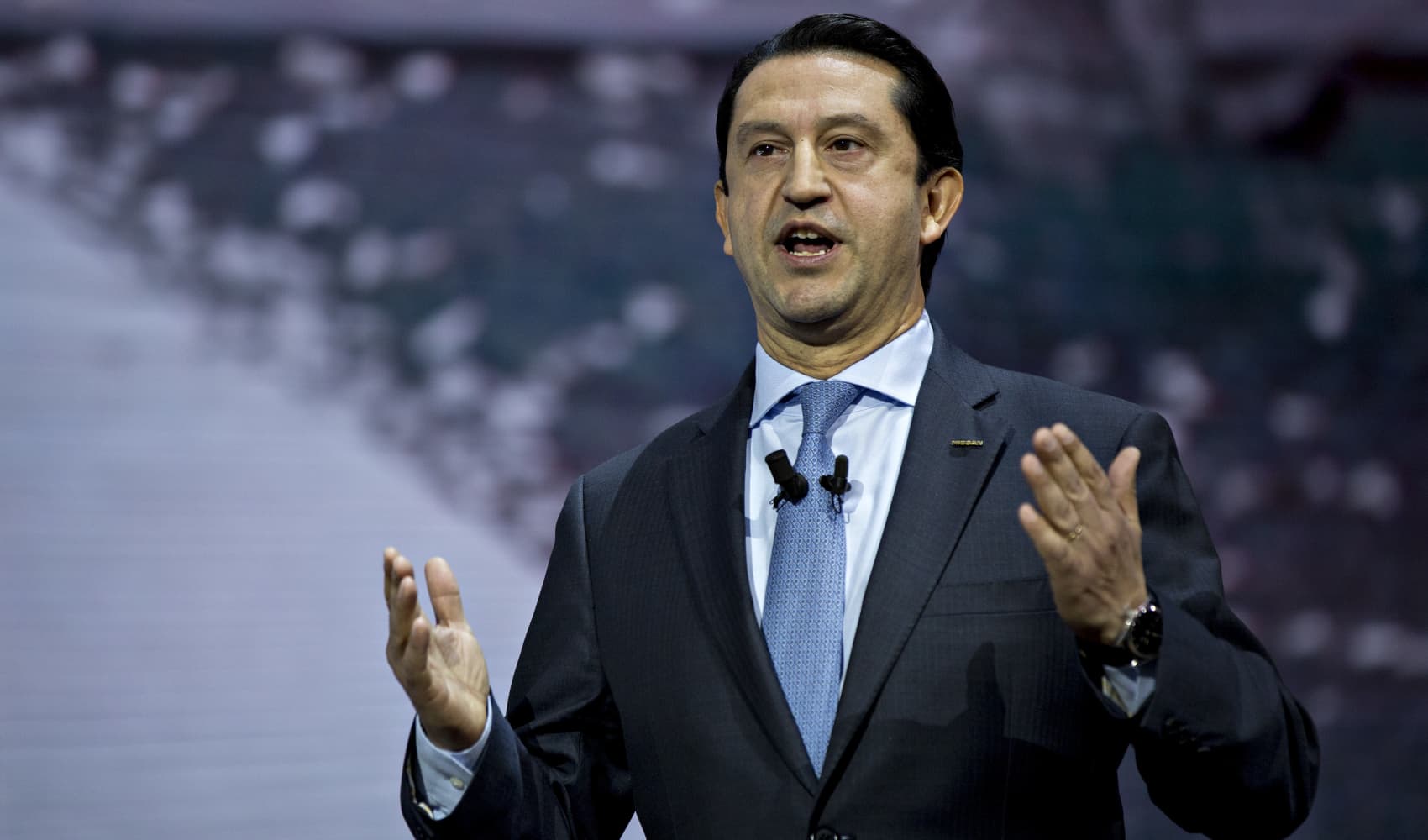
- The Inflation Reduction Act offers a tax credit worth up to $7,500 to those who buy new electric vehicles. It also offers a $4,000 credit for used EVs.
- New rules for 2024 will allow buyers to get the EV tax credit at the point of sale, rather than waiting for tax season. Unlike current rules, consumers won't need to have a tax liability to get it.
- However, fewer new EVs will likely qualify for a tax break starting Jan. 1 due to car manufacturing requirements.
The $7,500 tax credit for new electric vehicles will be easier for many consumers to claim in 2024, but it may be more difficult for others. These opposing dynamics are due to federal policies taking effect at the same time.
One policy kicking in Jan. 1 will allow car dealers to give buyers their EV tax break at the point of sale — as cash, a price discount or down payment. Currently, consumers must wait until they file an annual tax return during tax season to receive a financial benefit.
Under the new mechanism, consumers would essentially "transfer" their federal tax credit to the car dealer. In turn, the dealer would pass on that tax break to consumers. This will be available for both new and used EVs, the respective credits of which are worth up to $7,500 or $4,000.
Further, consumers would be eligible for the tax break regardless of their tax burden, which isn't the case now. Currently, since the tax credit is nonrefundable, buyers only qualify for any of the credit if they have a federal tax liability — a policy that tends to dilute the benefit for households with relatively low incomes or exclude some entirely.
Get Tri-state area news delivered to your inbox. Sign up for NBC New York's News Headlines newsletter.
These new policies will make the tax credit both easier to claim and more accessible starting in 2024, while making EVs cheaper for consumers, said Ingrid Malmgren, policy director at Plug In America.
Money Report
Why claiming a $7,500 EV tax credit may be tougher
Meanwhile, consumers who want a tax break will likely have fewer cars to choose from next year.
The Inflation Reduction Act, which President Joe Biden signed into law in 2022, phases in certain manufacturing requirements aimed at enhancing domestic EV supply chains.
In the short term, however, they disqualify some EVs from being eligible for a full or partial tax credit as carmakers work to comply with the rules. These rules only apply to purchases of new EVs, not used models or leases.
More from Personal Finance:
Two alternatives to the $7,500 tax credit for new EVs
Are gas-powered or electric vehicles a better deal? EVs may win out
A tax break up to $3,200 can help heat your home more efficiently
In 2024, EVs whose battery components are built or assembled by a "foreign entity of concern" — China, Iran, North Korea and Russia — don't qualify for a tax credit, Malmgren explained.
"Right now, China is a big supplier," Malmgren said.
As a result, "the expectation is there will be fewer cars available Jan. 1," she said. "And sadly, they're the more affordable ones."
The U.S. Department of Energy has a list of new and used EVs eligible for a full or partial tax credit.
There are some caveats
There are few things to consider for consumers hoping to get a point-of-sale discount.
For one, not all dealers will necessarily participate, though most are expected to. Consumers should ask their dealer before buying, experts said.
Buyers must also file an income tax return for the year in which they transfer their EV tax credit to a dealer.
Further, the EV tax credit carries some eligibility requirements for cars and consumers. One is based on household income, and rules vary for new and used EVs.
For example, married couples who file a joint tax return are only eligible for a new EV tax credit in 2024 if their annual income is $300,000 or less in either 2023 or 2024. For used EVs, the income threshold is $150,000 for married couples.
But car dealers won't analyze consumers' income to determine if they qualify. Buyers must self-attest their eligibility — and making a mistake could mean paying back the credit's full value to the IRS at tax time.
Don't miss these stories from CNBC PRO:
- Official Wall Street outlook: Here's where strategists see the stock market going in 2024
- Here's where to invest $50,000 heading into 2024, according to market pros
- Morgan Stanley prefers 'boring' non-AI tech stocks for 2024. Here are its top global picks
- Bank of America reveals its 4 top biotech picks for 2024 — and gives one 166% upside
- CD rates are dropping. Here's where to find the highest payouts






